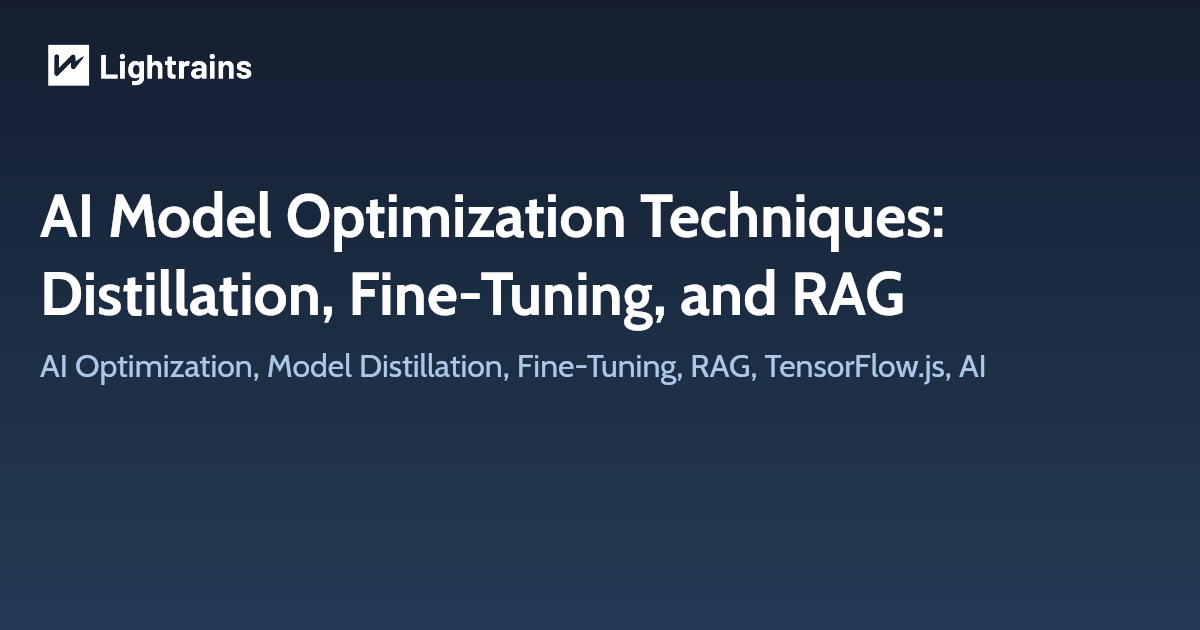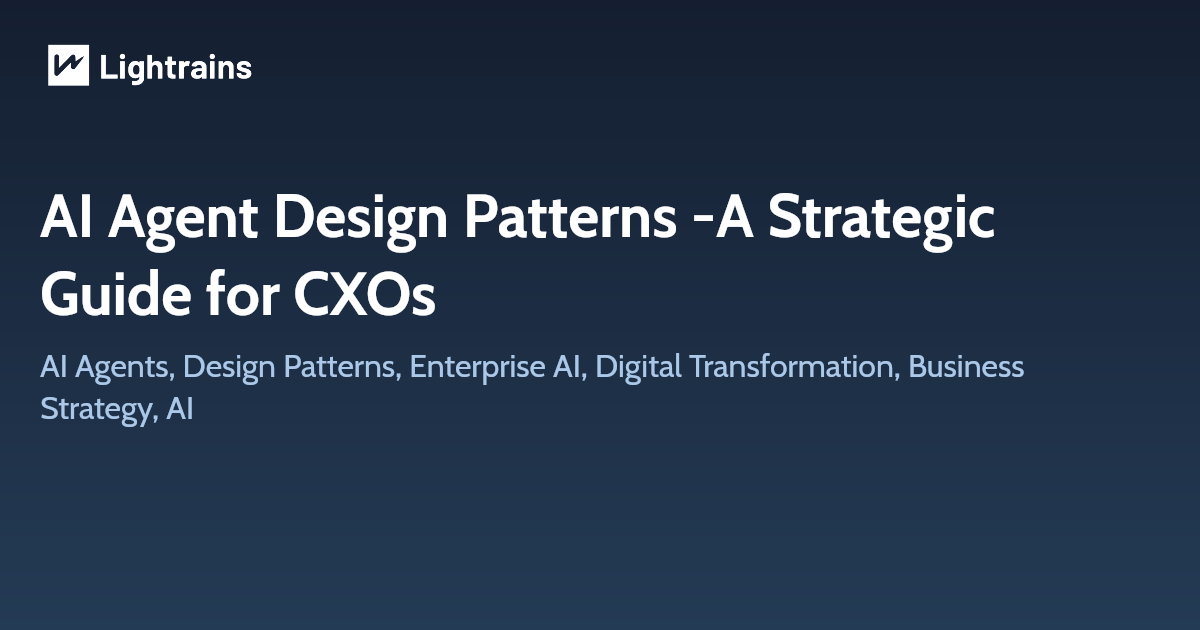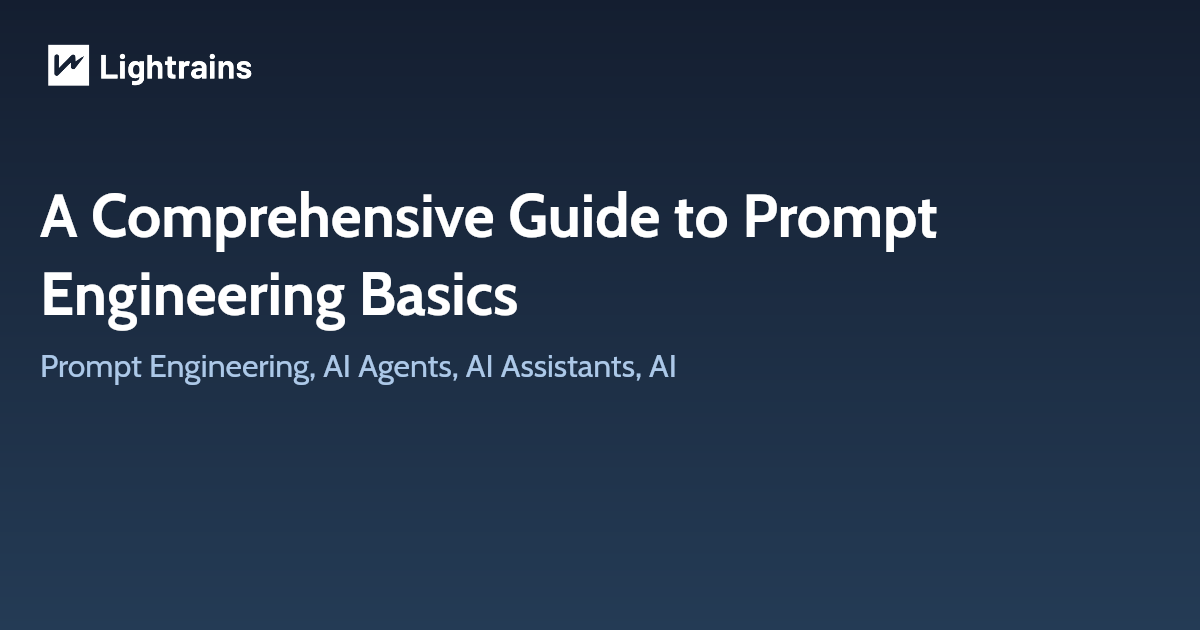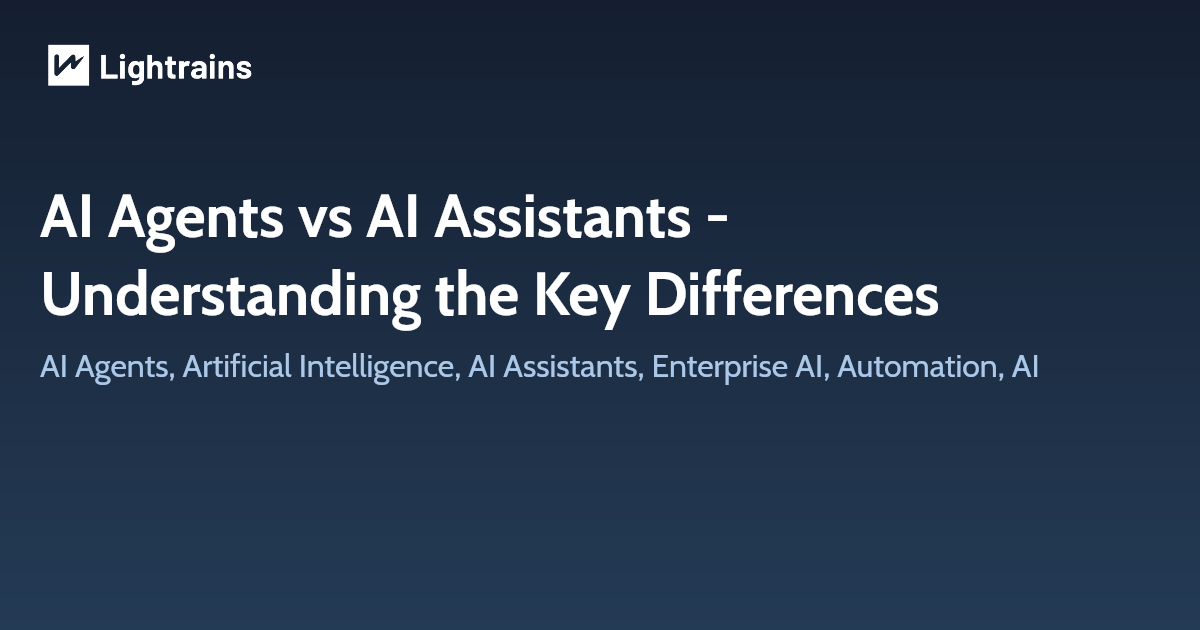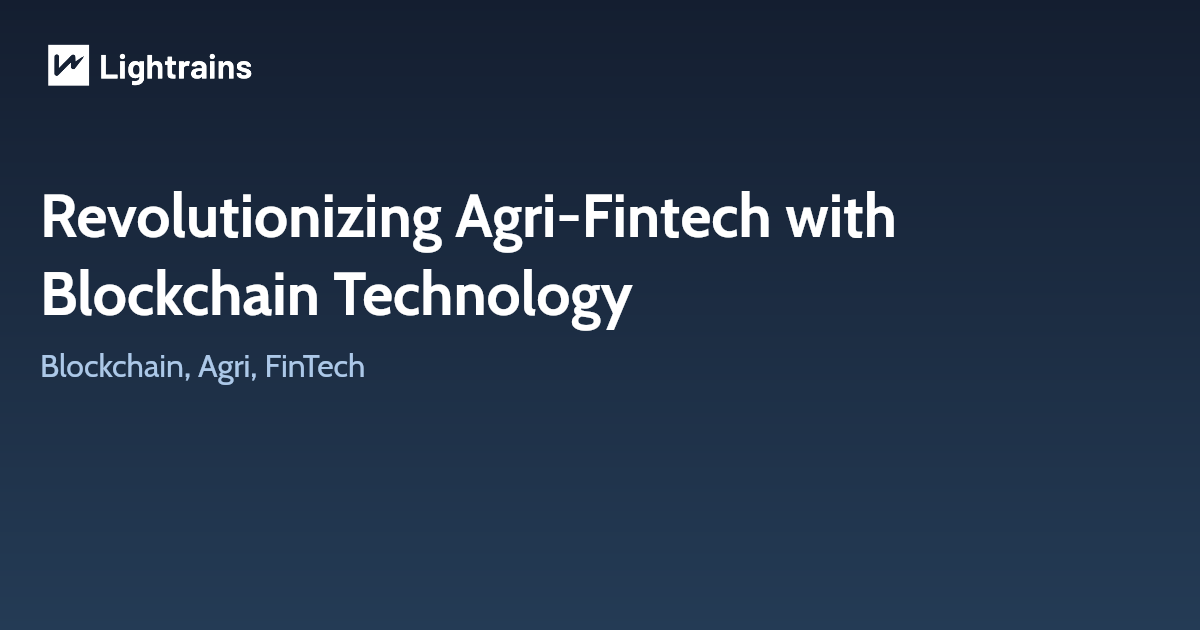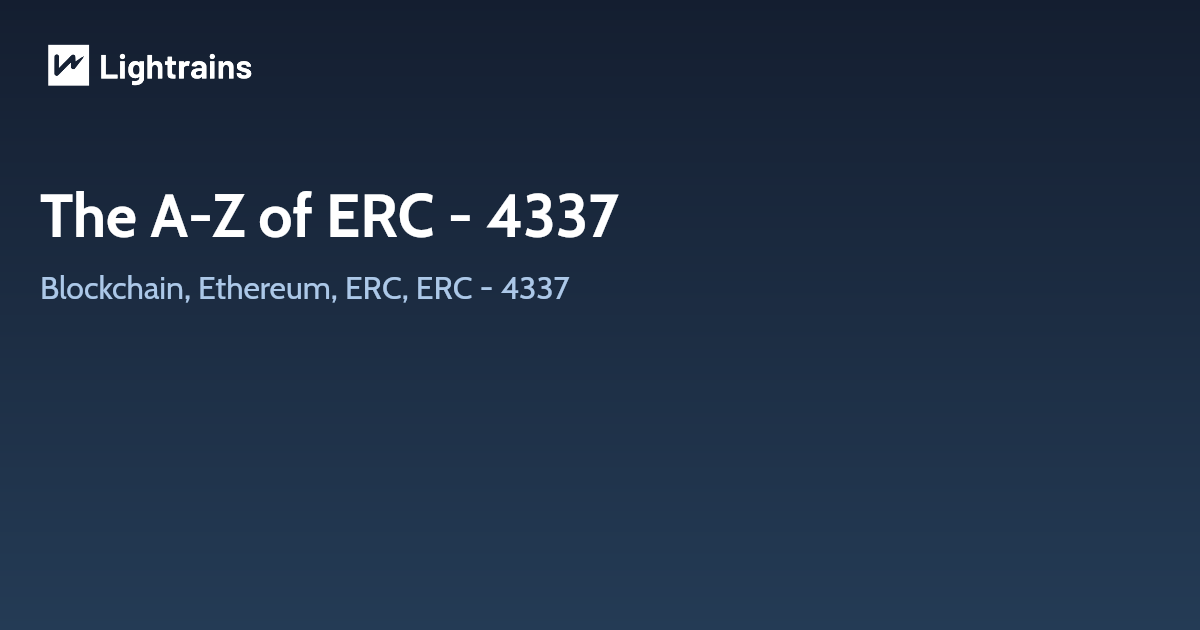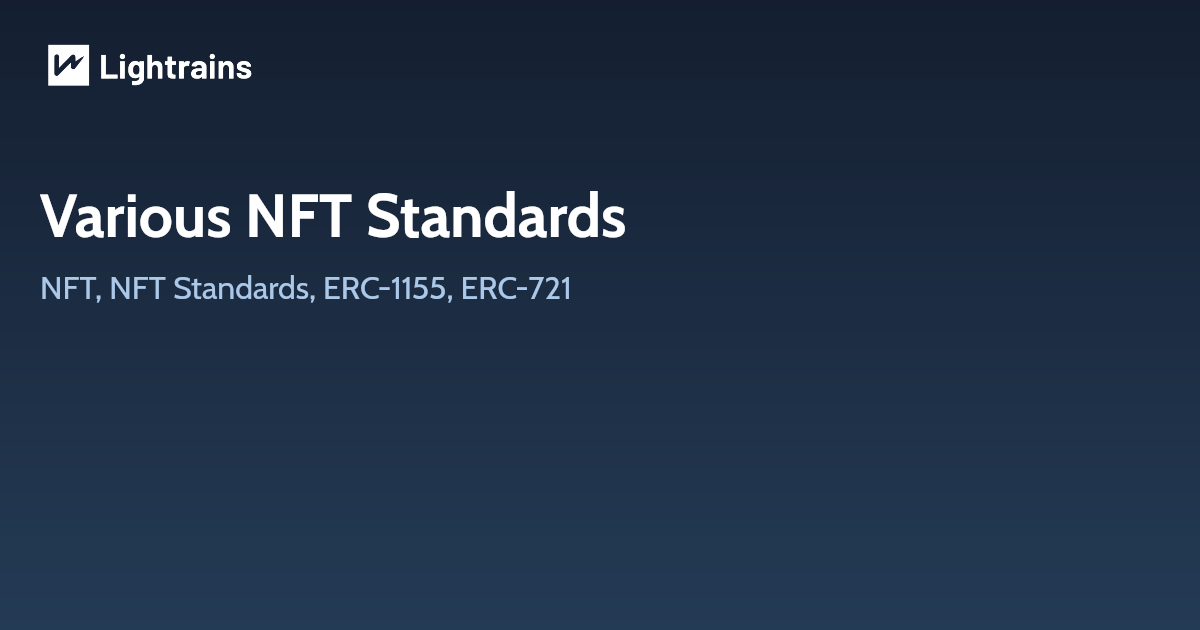
Token standards create a uniform set of rules (or in this case code), which allow for:
- Easy integration across a number of platforms.
- Interoperability.
- Increased utility value and network effect, as the token can be used in more places/for more applications.
ERC-721
Built on top of the Ethereum blockchain, the first real iteration of a non-fungible standard came about with ERC721. It was popularized in late 2017 with the rapid adoption of CryptoKitties, a game which allowed for the purchase, and subsequent ‘breeding’ of digital cats. These cats were bought and sold as a virtual tokens, and some have fetched prices over $200,000! At its peak, CryptoKitties was responsible for more than 10% of total transactions on the Ethereum network.
ERC-1155
Created by the team at Enjin, this standard allows for both fungible and non-fungible items in the same smart contract. In doing so, ERC-1155 reduces the amount of data required, creating smoother deployments and requiring a lot less network power.
The best example of ERC-1155 is seen in blockchain gaming. Rather than requiring a new contract for every in-game item, you can now create multiple items using the same contract. Moreover, say you collect weapons and coins (crypto) in a game, you can now achieve both with ERC-1155, drastically reducing the resources required to efficiently run blockchain based games, and allowing them to be stored in a simple wallet interface.
ERC-994
Created a system where DNFT’s can identify an area or zone (let’s say the suburb you live in), and can then delegate NFT’s to represent individual houses or parcels of land. In this way, ownership of property can be tokenized whilst also providing a way to update land registries, and legally verify their sale. It was designed with the following essentials:
- A non-conflicting geospace
- Legal validity and physical sovereignty
- Compatibility with financial contracts
ERC-420
Also known as the ‘dank’ standard, ERC-420 is more than just an afternoon on the couch. This standard was proposed by the PepeDapp guys and is designed with digital trading cards in mind. It takes into account that in a deck of trading cards, you usually end up with a number of the same card (often referred to as resource cards). If you can cast your mind back to Pokémon cards, we’re talking about the energy cards, or those required to actually use your Pokémons attacks. The same goes for Magic the Gathering with Mana.
ERC-809
This is the standard for renting out your NFT’s, by creating an API to allow any “rival” NFT to be rented. In this case, the NFT is considered rival if being in possession of the NFT simultaneously prevents consumption/access to other individuals. The example given in the Github proposal is driving a car is rival but watching the sunset is non-rival. That is, driving a car prevents others from driving the car, and in the same way, being the renter of an NFT would inhibit other people’s access or use of it.
ERC-1201
Inspired by ERC-809, the ERC-1201 standard proposes to tokenize rental rights, as opposed to just allowing for them. This creates a means for the rented NFT to be easily exchanged between parties. It is probably easiest to think of it as follows:
- ERC-721 creates an NFT for your house.
- ERC-809 creates a standard set of commands allowing you to rent said house.
- ERC-1201 tokenizes this right, and in a practical sense, means the leaseholder could sub-lease your house, simply by exchanging the token.
ERC-998
A standard extension for any non-fungible token to own another non-fungible ERC-721 or fungible ERC-20 tokens. Transferring the token composition means transferring the entire hierarchy of items. For example, a cryptokitty may own a scratching post and a feeding dish; the dish may contain some number of fungible “chow” tokens. If I sell the cryptokitty, I sell all of the belongings of the cryptokitty. ERC-998
This article originally appeared on lightrains.com
Leave a comment
To make a comment, please send an e-mail using the button below. Your e-mail address won't be shared and will be deleted from our records after the comment is published. If you don't want your real name to be credited alongside your comment, please specify the name you would like to use. If you would like your name to link to a specific URL, please share that as well. Thank you.
Comment via email
